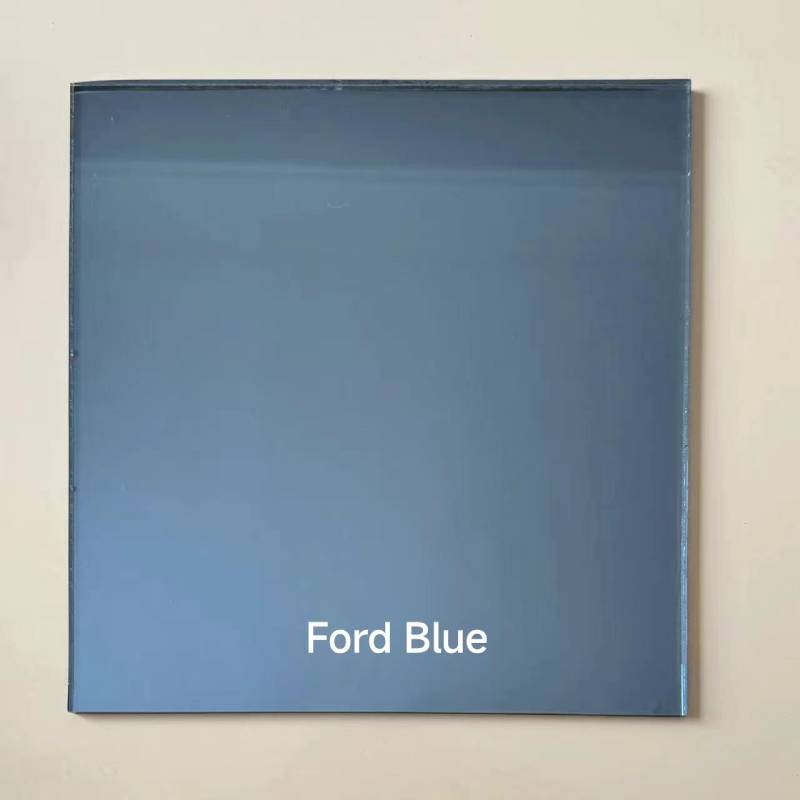

Understanding Insulated Window Units A Comprehensive Guide
In the realm of modern construction and home improvement, insulated window units have gained significant prominence. These windows, designed to provide superior energy efficiency, comfort, and aesthetics, are an integral part of contemporary architecture. In this article, we will explore what insulated window units are, their benefits, components, and considerations for homeowners and builders.
What are Insulated Window Units?
Insulated window units (IWUs) consist of two or more panes of glass separated by a spacer and filled with a gas or a vacuum to create an insulating barrier. This design reduces heat transfer between the interior and exterior of a building, thereby enhancing thermal performance. The most common configurations feature double or triple glazing, offering maximum insulation and contributing to a significant reduction in energy consumption.
Benefits of Insulated Window Units
1. Energy Efficiency IWUs are primarily designed to minimize heat loss in winter and heat gain in summer. With energy-efficient windows, homeowners can significantly decrease their heating and cooling costs. According to the U.S. Department of Energy, energy-efficient windows can save homeowners up to 30% on energy bills.
2. Comfort By maintaining a stable indoor temperature, insulated window units enhance comfort within living spaces. They help eliminate cold drafts and hot spots, creating a more enjoyable environment regardless of outdoor conditions.
3. Noise Reduction Insulated windows also provide sound insulation benefits, making them ideal for homes in noisy areas. The additional pane of glass serves as a barrier, reducing the transmission of external noise.
4. UV Protection High-quality insulated window units often come with coatings that filter out harmful ultraviolet (UV) rays. This protection helps to preserve the interior furnishings by reducing fading and deterioration over time.
5. Increased Home Value Upgrading to insulated window units can enhance a home’s value. Energy-efficient features are highly desirable in the real estate market, making homes more attractive to potential buyers.
Components of Insulated Window Units
1. Glazing The primary component of insulated window units is the glazing. The type of glass used can vary, with options including tempered glass, laminated glass, and Low-E (low emissivity) glass, each offering unique benefits regarding durability and energy efficiency.

2. Spacer Bars Spacer bars are essential components that separate the panes of glass. These bars are typically made from materials designed to minimize heat conduction. The choice of spacer can impact the overall energy efficiency of the window unit.
3. Gas Fill Many insulated window units are filled with inert gases, such as argon or krypton, which are more effective than air at insulating. This gas fill serves to enhance the thermal performance of the window.
4. Frame The frame of the insulated window unit also plays a crucial role in its overall performance. Frames can be made from various materials, including vinyl, wood, aluminum, and composite materials, each offering different levels of insulation, maintenance, and aesthetic appeal.
Considerations for Homeowners and Builders
When considering insulated window units for a new or existing structure, several factors should be weighed
1. Climate The effectiveness of insulated window units can vary based on regional climate. In areas with extreme temperatures, it's crucial to select windows that meet specific R-value (insulation value) requirements.
2. Local Building Codes Always check local building codes and regulations. Some areas may have specific requirements for energy-efficient windows, including performance ratings.
3. Installation Quality Proper installation of insulated window units is vital for ensuring their performance. It is recommended to hire professional installers who are skilled in handling various window types and configurations.
4. Warranty and Lifespan Investigate the warranty provided by the manufacturer. A good warranty can indicate the quality and durability of the windows. Typically, insulated window units can last for 20-30 years, depending on maintenance and environmental factors.
Conclusion
Insulated window units represent a key advancement in building technology, focusing on energy efficiency and comfort. By understanding their benefits, components, and considerations, homeowners and builders can make informed decisions that enhance living spaces while promoting sustainability. As energy costs continue to rise, the demand for insulated windows will likely grow, making them a worthwhile investment for any property owner. Whether you're building new or upgrading existing structures, insulated window units are an excellent choice for improving energy efficiency and overall home aesthetics.